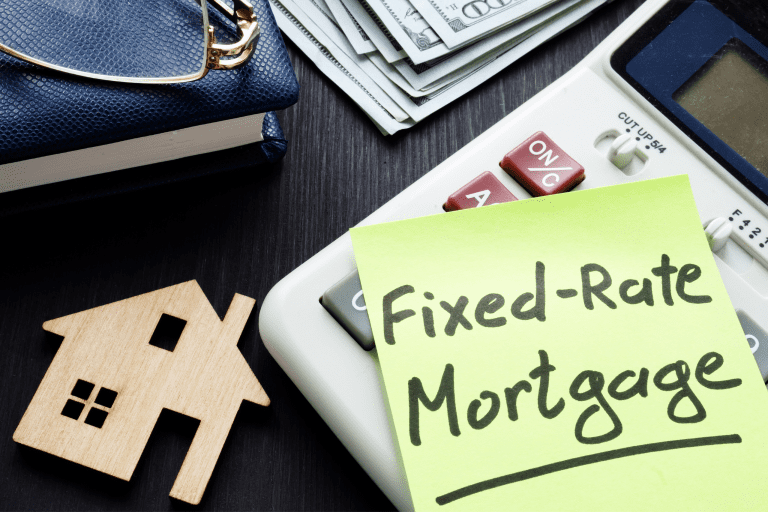
Many fixed-rate mortgages impose a prepayment penalty when the loan is paid off early. As a result, we’ve compiled a some information to assist you if you’re considering getting out of a fixed rate mortgage early. There are a number of reasons why we encounter customers considering doing so when speaking with them.
Why you may want to get out of a fixed-rate mortgage early
- Switch to a more advantageous or better-suited interest rate. You may have fixed your mortgage at a competitive rate at the time, but rates may have improved since then. It may be financially advantageous to pay the penalty and switch to a new rate.
We do recommend that you avoid adding penalties to your mortgage balance whenever possible. This can be counterproductive when interest is charged on the increased loan amount. - Remortgage. People remortgage for a variety of reasons, including the one outlined above. If there is no actual financial benefit to you from paying a penalty, but you still need to change your mortgage, please investigate all available options first. Options such as a secured loan or adding an additional borrower to your current mortgage are available if affordability is an issue.
- Moving home. It is important to note that just because a fixed rate is portable, this does not mean a lender is required to allow you to transfer it. Your circumstances must still meet their requirements at the time of your move.
If they do not, you may be required to pay a penalty and seek a new mortgage from a different lender. When negotiating a fixed rate, we strongly recommend you to factor in any future plans. - Repay all or part of your mortgage. If you are fortunate enough to be able to repay all or part of your mortgage, your fixed-rate programme may permit some to be repaid penalty-free. For many plans, this is 10% of the balance per year.
If you are contemplating a balance reduction, you should compare the penalty you may incur and the length of time it will be in effect with the possible returns the money could earn in a savings account.
Can I get a fixed-rate mortgage without penalties?
Yes, some lenders offer fixed-rate plans with no penalty provisions. These are uncommon and typically come with an upfront arrangement fee. They are also likely to come with a slightly higher interest rate than loans with early repayment fees. There may also be fixed rates with offsetting options.
While these may have penalties for early payoff, you will likely be able to pay money into a linked savings account, which will reduce the interest charged on an equivalent amount of the mortgage balance.
How to get out of a fixed rate mortgage early?
All lenders will permit early termination of a fixed-rate loan. However, in the vast majority of cases, they will not waive any associated fees. A lender will refer you to the terms and conditions of the fixed rate in your formal mortgage offer. This will outline the penalties associated with your programme in detail.
Under certain conditions, such as the borrower’s death, a lender may waive penalties for the early repayment of a mortgage during a fixed-rate term. However, in the majority of cases, you will be required to pay the penalty as outlined in your original terms and conditions.
Speak to one of our specialist advisors to discuss your options
- Blog



